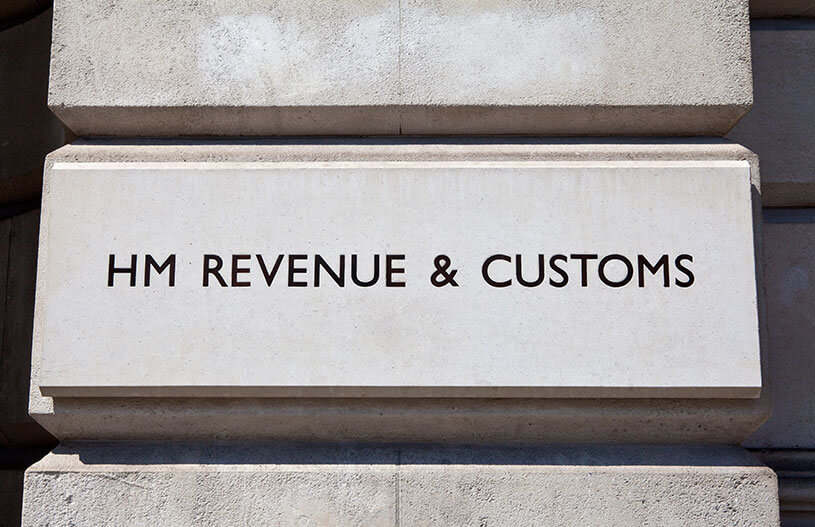HMRC must improve its service and embrace technology, according to a new report from MPs.
The parliamentary report into the cost of the tax system outlines current issues with HMRC’s administration along with recommendations to make the tax body function better for everyone.
From developing e-invoicing and AI customer support to putting taxpayer needs first, the report identifies where changes could be made to ease the pain for business owners.
This comes as small businesses are spending £4,500 each a year on complying with HMRC, according to the Federation of Small Businesses. The group found business owners were needing to spend longer on tax returns and pay for specialist advice as the process became increasingly complex.
7 reasons the tax system needs to change
The House of Commons report into HMRC highlights the key areas of concern and what needs to be done:
- Complexity and cost is increasing– the tax system is getting more complex and that’s piling on costs for HMRC and taxpayers. The report notes that administering taxes costs over £20 billion a year, with most of the cost falling on businesses.
- Trust in HMRC is declining – lower service levels have affected levels of trust and this needs to be addressed. Trust in HMRC fell from 52 per cent to 47 per cent for individuals, 61 per cent to 49 per cent for agents, and 70 per cent to 65 per cent for small businesses.
- Return compliance productivity has fallen – more needs to be done to raise the productivity levels of compliance workers at HMRC, continuing to focus on prevention and utilising digital systems.
- Technology must be improved – out of date IT systems are holding back the service compared to other countries, and increasing the cost to the taxpayer. HMRC must look at how software can help with tax compliance and business productivity, for example enabling the pre-population of tax returns with income and expenditure.
- Unnecessary communication by phone and post – there’s too much communication by post which is inconvenient and costly. HMRC says in 2023–24 about 69 per cent of all its interactions with customers were digital. Improving digital communication would reduce calls to helplines and reduce waiting times.
- Taxpayers should be at the heart of decisions – HMRC must learn lessons from how Making Tax Digital was introduced. It should consult with businesses and taxpayers when designing new digital systems.
- AI can boost productivity – taking advantage of technology could improve HMRC’s service. The report recommends developing AI tools and introducing e-invoicing. It also highlights concerns that HMRC is vulnerable to fraud, and how AI could pose a risk to tax evasion and avoidance.
A recent report on using AI in government said: “Artificial intelligence has the potential to transform public services by automating routine tasks, making public services quicker and more efficient, and making better use of government data to target support at those that need it.”
Sir Geoffrey Clifton-Brown MP, Chair of the Public Accounts Committee, said: “HMRC needs to do much more to restore trust and confidence in its taxpaying consumers. The cost of its systems rising, trust from taxpayers declining, and a system of ever-growing complexity.”
What’s going to happen now?
The report was first published on 30 April. The government now has two months to respond to the recommendations.
HMRC has been asked to write to the parliamentary committee to set out how they will make improvements, when changes will be made – and to report on progress.
More useful articles for small business owners
- Small business tax changes: new thresholds, rates, and allowances
- HMRC and Companies House to close tax return service
- How much is VAT?
- HMRC’s crackdown on tax avoidance
